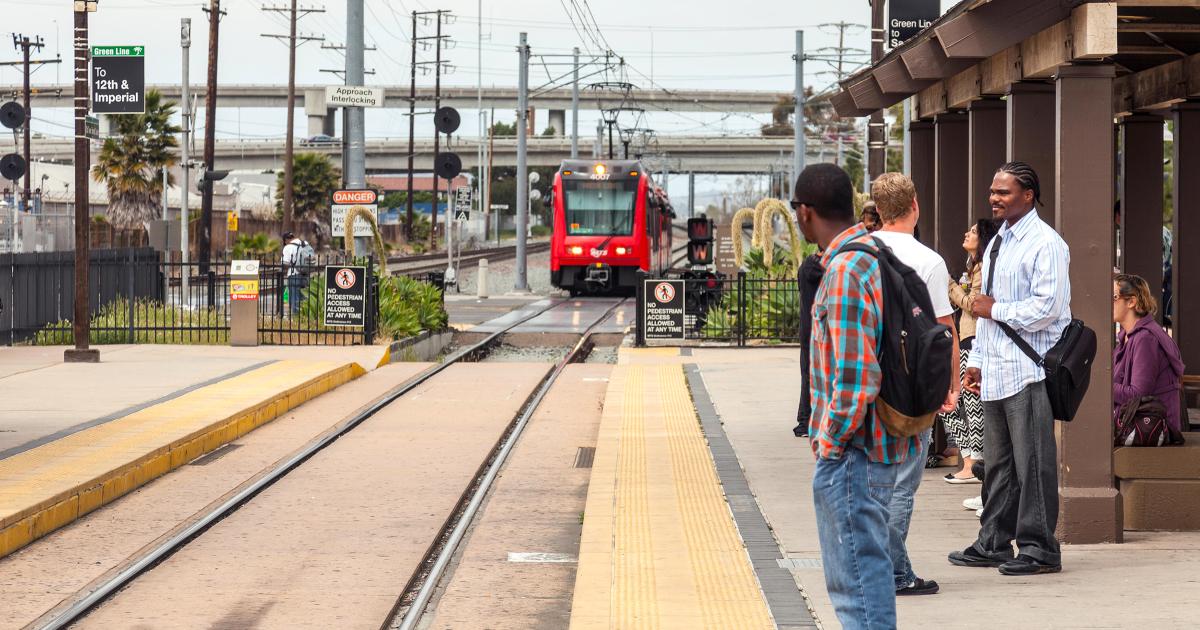Johnnyrocket891
Active Member
- Joined
- Jul 1, 2019
- Messages
- 229
- Reaction score
- 134
No, let's include government policy into housing near TOD with improving transit. It's shortsighted to think improving just transit without introducing government policy would solve the housing crisis and prevent lower income families from being pushed further away. You can't be naive enough to think rent won't skyrocket the moment accessibility improves.
If you build a expansion transit throughout the state from South, West, North, East and can reach the city in 5-10mins from most locations there is no reason why everybody needs to live in Somerville, Cambridge and Boston. This will create options for lower rents throughout the state. Housing supply will be expendable from Boston to other states.
Transit is the key to solving the housing affordability problem. Transit does not discriminate?
I would have no problem living in Worcester for $1,000 vs Boston rent $3,000 if the accessibility is there.
I don't think rents would skyrocket throughout Springfield, RI, Worcester area's if the Transit could reach these areas in an efficient way.
Last edited:


